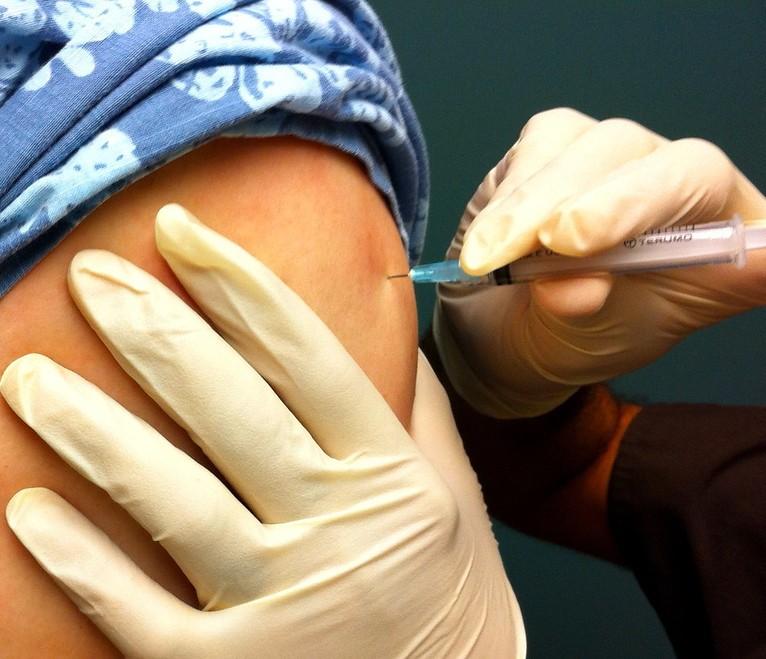
Today researchers from the University of Michigan published in Open Forum Infectious Diseases more evidence that being vaccinated against COVID-19 significantly reduces the risk of developing long COVID.
The findings come from the Immunity Associated with SARS-CoV-2 (IASO) study, an ongoing prospective cohort study of employees and students of the University of Michigan which began in October of 2020. Participants completed weekly symptom and respiratory illness testing surveys.
In the present study, 3,375 people participated in IASO from October 2020 to December 2022, and 81% of those eligible completed a long COVID survey.
At 90-days post-infection, 8% of vaccinated cases were still reporting symptoms, compared with 27% of unvaccinated cases. Any symptoms were 37% and 69% less common for vaccinated cases at 30- and 90-days post-infection (risk ratio [RR], 0.63; 95% confidence interval [CI], 0.52 to 0.76 and RR, 0.31; 95% CI, 0.22 to 0.42), respectively, the authors wrote.
Less long COVID during Omicron
Experiencing five more symptoms at 30- and 90-days post-infection was 63% and 66% less common for vaccinated participants. The effect of vaccination was stronger when the researchers looked at post-Omicron cases. Among vaccinated Omicron cases, only 6% reported symptoms at 90 days, compared with18% of vaccinated pre-Omicron variant cases.
When we compared infections in vaccinated individuals in the Omicron era to the pre-Omicron era we found a reduction in long COVID prevalence and severity for Omicron.
"When we compared infections in vaccinated individuals in the Omicron era to the pre-Omicron era we found a reduction in long COVID prevalence and severity for Omicron. Thus, the prevalence of long COVID in studies conducted prior to the introduction of Omicron likely overestimate the rates from new infections that would be seen in those populations currently," the authors wrote.















